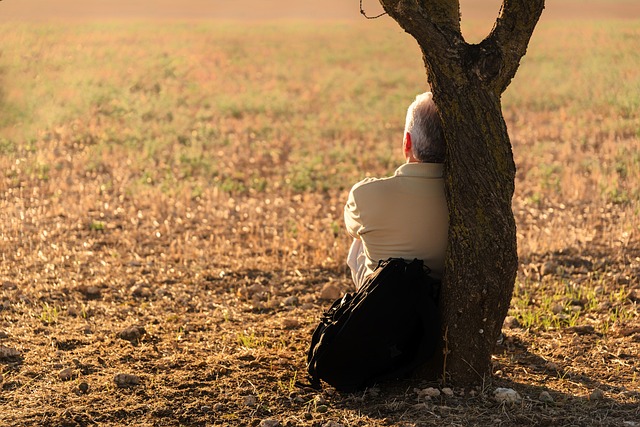In the complex tapestry of human emotions, it is essential to understand and appreciate the wide range of feelings that we experience daily. Often, individuals find themselves questioning their emotions, wondering if they are broken or somehow different from others due to their feelings.
Emotions are a fundamental aspect of the human experience. They encompass a vast and intricate spectrum, ranging from joy and happiness to sadness, anger, fear, and more. This spectrum is not only normal but essential to our well-being.
As Lisa Feldman Barrett, a distinguished psychologist, explains in her book “How Emotions Are Made,” emotions are not prewired or hardwired in the brain. Instead, they are constructed by our brains based on our unique experiences and individual interpretations.
This means that no two people will experience or express emotions in the same way.
One reason individuals may feel broken due to their emotions are societal expectations. People often internalize societal expectations that they should always be happy, cheerful, or resilient. However, this is an unrealistic and unhealthy standard.
According to the World Health Organization, mental health is an integral part of overall health, and everyone experiences fluctuations in their mental and emotional well-being. It is essential to challenge the stigmatization of negative emotions.
Brené Brown, a renowned researcher on vulnerability, has shown that embracing our emotions, including feelings of fear, shame, and sadness, can be transformative.
Her work suggests that allowing ourselves to be vulnerable and share our feelings can lead to stronger connections with others and improved mental well-being.
I recently experienced this when my friends and I seated around a campfire decided to do an exercise. We each wrote on a piece of paper emotions that we wanted to get rid of, read them out loud one by one and tossed the pieces of paper in the fire.
I was surprised at how many people experienced the same emotions I experienced that I thought made me feel broken. Many mentioned loneliness, anxiety, hopelessness, uncertainty, guilt, shame, directionlessness, stuckness and other emotions.
Even the people who seemed put together and secure shared this emotions. Which made me realize that I was not alone and I was not broken.
In her book “The Gifts of Imperfection,” she explores how acknowledging and embracing our emotions can lead to greater self-acceptance and resilience.
Psychologist Viktor Frankl, in his iconic work “Man’s Search for Meaning,” emphasizes that life gains significance through our ability to endure suffering and find purpose in our experiences.
This is a testament to the idea that feelings, both positive and negative, contribute to the richness of the human existence.
However, sometimes intense or prolonged negative emotions can be a sign of deeper issues, such as clinical depression or anxiety disorders. Seeking professional help is a sign of strength, not weakness. Mental health professionals can provide guidance, support, and therapeutic interventions to help individuals navigate difficult emotions and work toward emotional well-being.
Conclusion
Feelings are a natural part of being human. No one is “broken” because of the emotions they experience. It is crucial to recognize and accept the diversity of emotions, challenge the stigma surrounding negative emotions, and embrace vulnerability as a path to resilience.
By acknowledging and seeking support when necessary, being vulnerable and sharing our emotional experiences, we can lead a life filled with meaning and purpose, despite the ups and downs of our emotional experiences.













